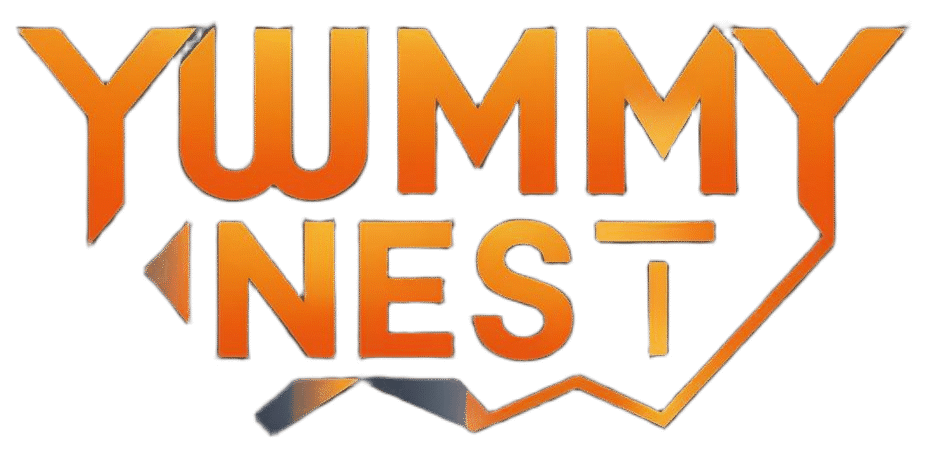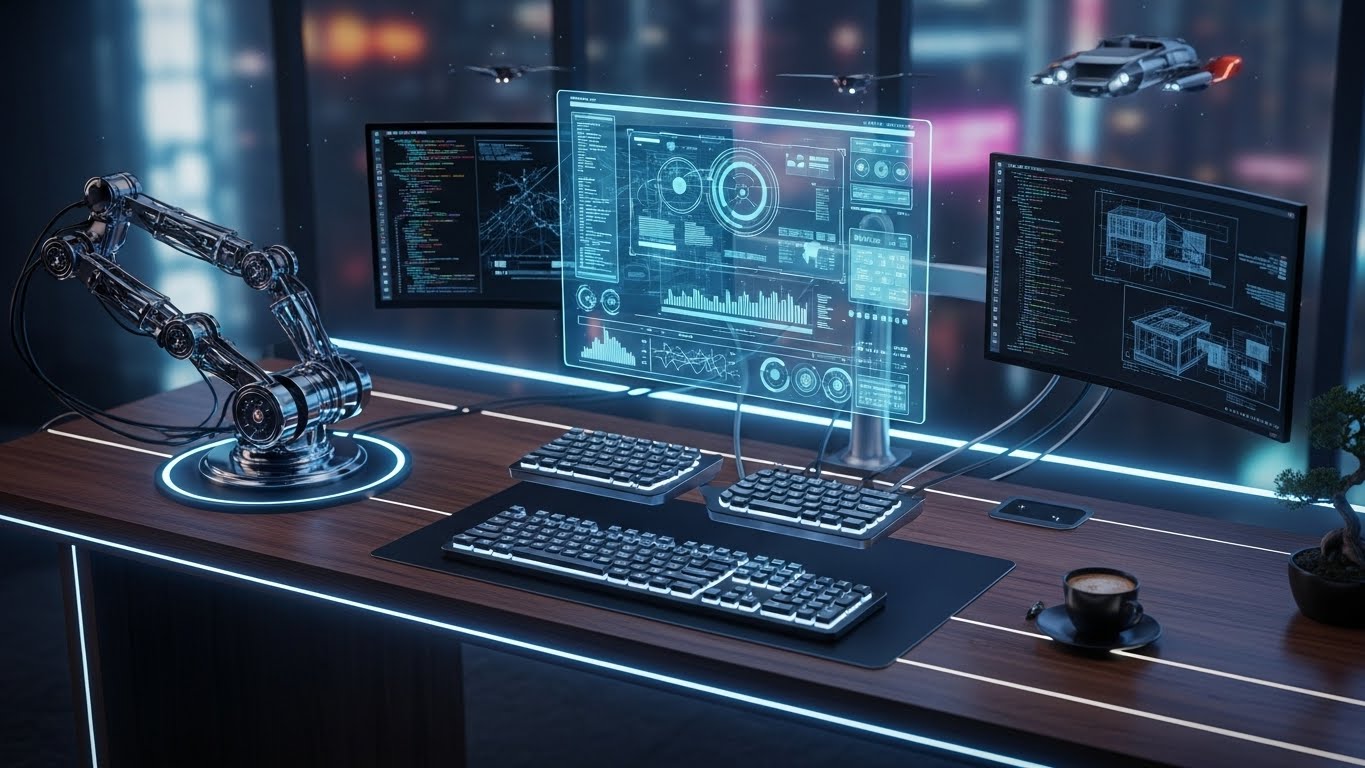Introduction
Technology has become the cornerstone of modern life. It affects the way we communicate, work, learn, and even think. From smartphones to artificial intelligence, technology has transformed ordinary routines into efficient, connected, and innovative experiences. Its influence is everywhere, making life faster, smarter, and more accessible. Understanding technology is essential to grasp how it continues to redefine our world.
The Evolution of Technology
The journey of technology has been remarkable. Early inventions like the wheel, printing press, and electricity laid the foundation for human progress. Over the centuries, advancements in machinery, computers, and communication systems have accelerated growth. Today, we are witnessing an era of rapid digital innovation, with breakthroughs in artificial intelligence, robotics, virtual reality, and quantum computing transforming industries and daily life.
Communication in the Digital Age
Modern technology has revolutionized communication. Social media, video conferencing, and instant messaging allow people to connect instantly across the globe. Businesses collaborate seamlessly, families stay close despite distances, and ideas spread faster than ever. Technology has turned the world into a global community where barriers of distance and language are continually shrinking.
Artificial Intelligence and Automation
Artificial Intelligence (AI) and automation are reshaping industries. AI systems can analyze massive amounts of data, predict trends, and assist in decision-making. Automation streamlines repetitive tasks, increases efficiency, and reduces errors. From self-driving vehicles to smart home assistants and precision medicine, AI and automation are not only making life convenient but also opening doors to possibilities once thought impossible.
Technology in Education
Education has undergone a transformation thanks to technology. Virtual classrooms, e-learning platforms, and interactive apps make learning accessible to students everywhere. Technology allows personalized learning, global collaboration, and instant access to information. It empowers learners with skills that prepare them for an increasingly digital and interconnected world.
Healthcare and Technological Innovation
Healthcare has been revolutionized by technology. Telemedicine, wearable devices, robotic surgeries, and advanced diagnostic tools improve patient care and outcomes. Technology enables doctors to monitor patients remotely, diagnose diseases accurately, and provide faster treatment. The integration of technology in healthcare is making services more efficient, precise, and accessible to people worldwide.
Challenges and Responsibilities
While technology brings numerous benefits, it also presents challenges. Cybersecurity threats, data privacy concerns, ethical dilemmas in AI, and the digital divide are critical issues that need attention. As technology continues to evolve, responsible use and regulation are essential to ensure that advancements benefit society as a whole without creating inequalities or risks.
Conclusion
Technology is not just a tool; it is a force that shapes the way we live, work, and interact. It opens new horizons, drives innovation, and connects humanity in unprecedented ways. As we embrace the opportunities that technology offers, it is vital to use it wisely, ethically, and responsibly. The future of technology is limitless, and with careful guidance, it can lead to a smarter, safer, and more inclusive world for all.



